Social Work
-
Campus News
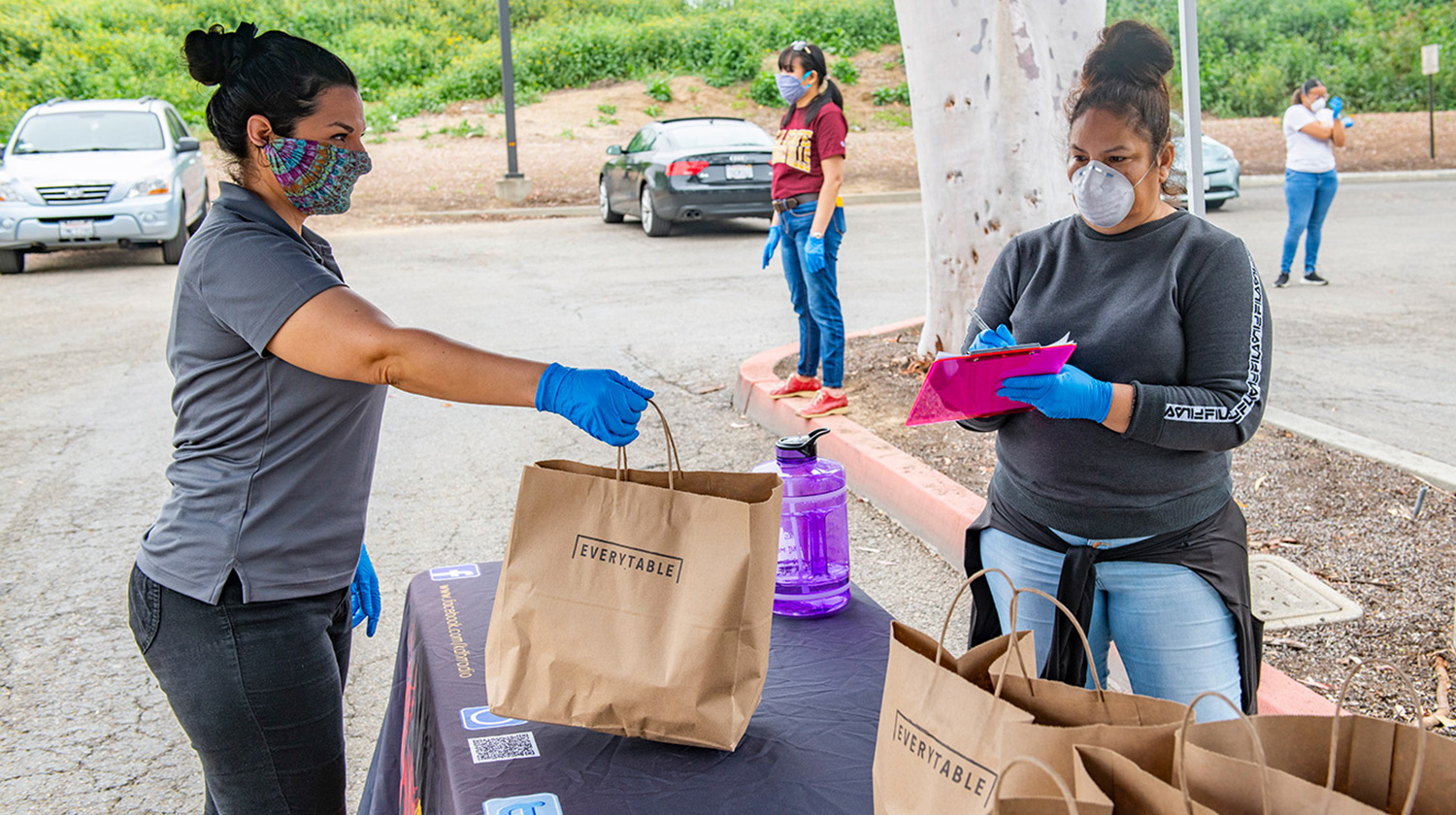
Toro Food Pantry Continues to Feed Students in Need
July 8, 2020With donations from faculty, staff, and community partners, the Toro Food Pantry at California State University, Dominguez Hills continues to…
-
Features
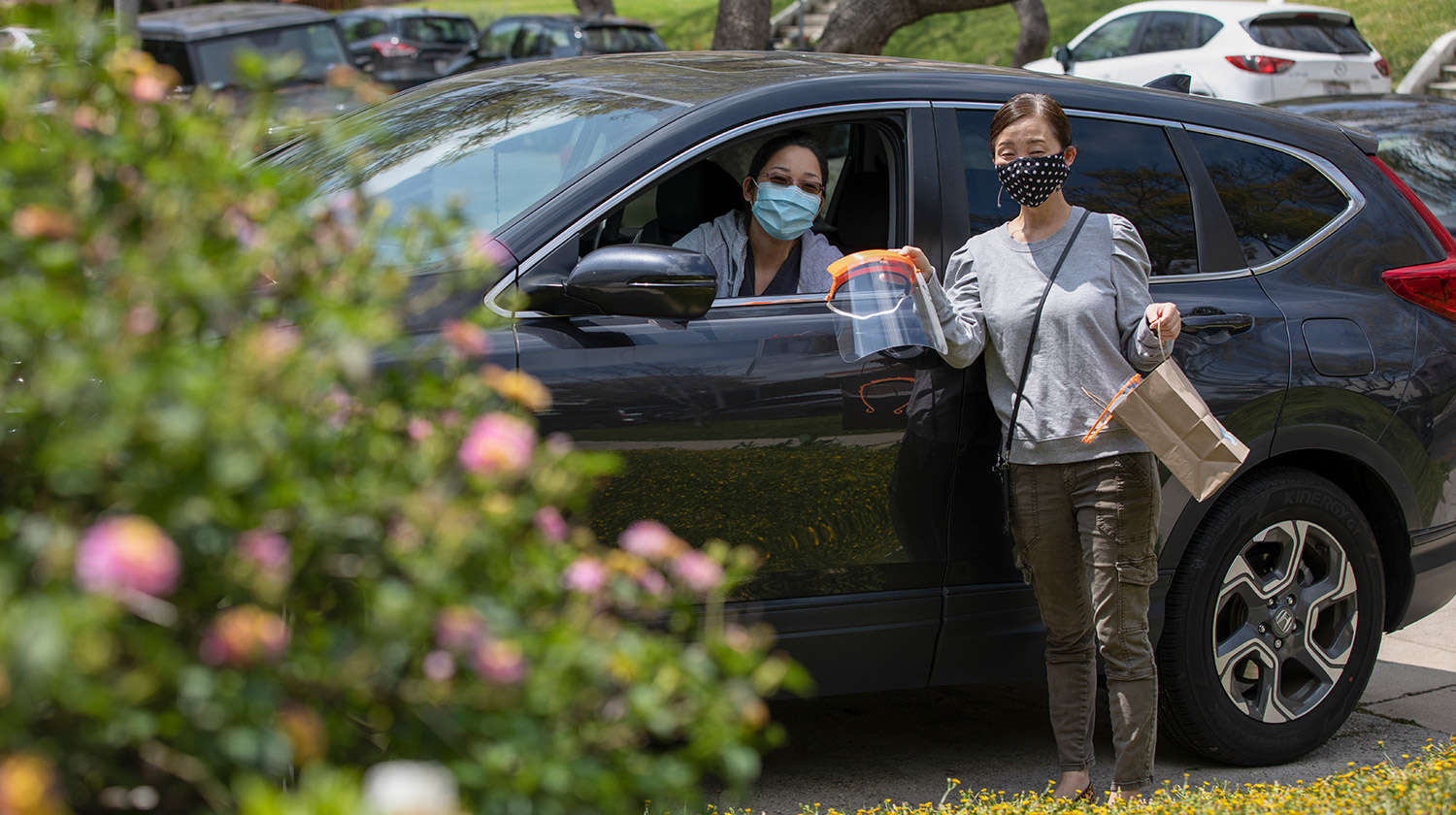
Art Professor Devon Tsuno Leads Community Network in Creating, Distributing Face Shields
June 15, 2020As the spread of COVID-19 accelerated during the early stages of the pandemic in the U.S., assistant professor of art…
-
Campus News
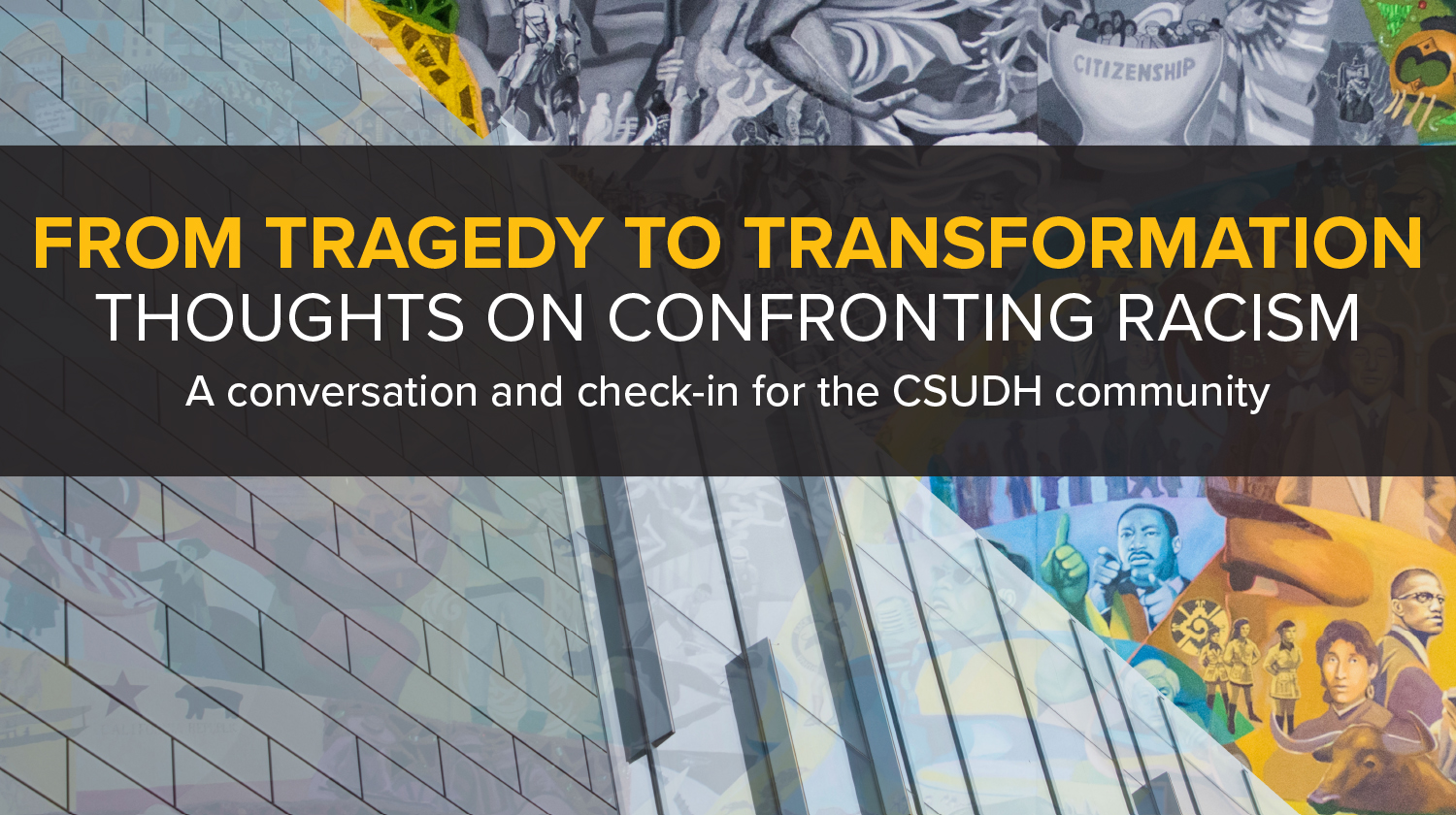
President Parham Hosts ‘Virtual Check-In’ on Racism, Protests
June 8, 2020In response to the death of George Floyd at the hands of police and the resulting protests and turmoil throughout…
-
Features
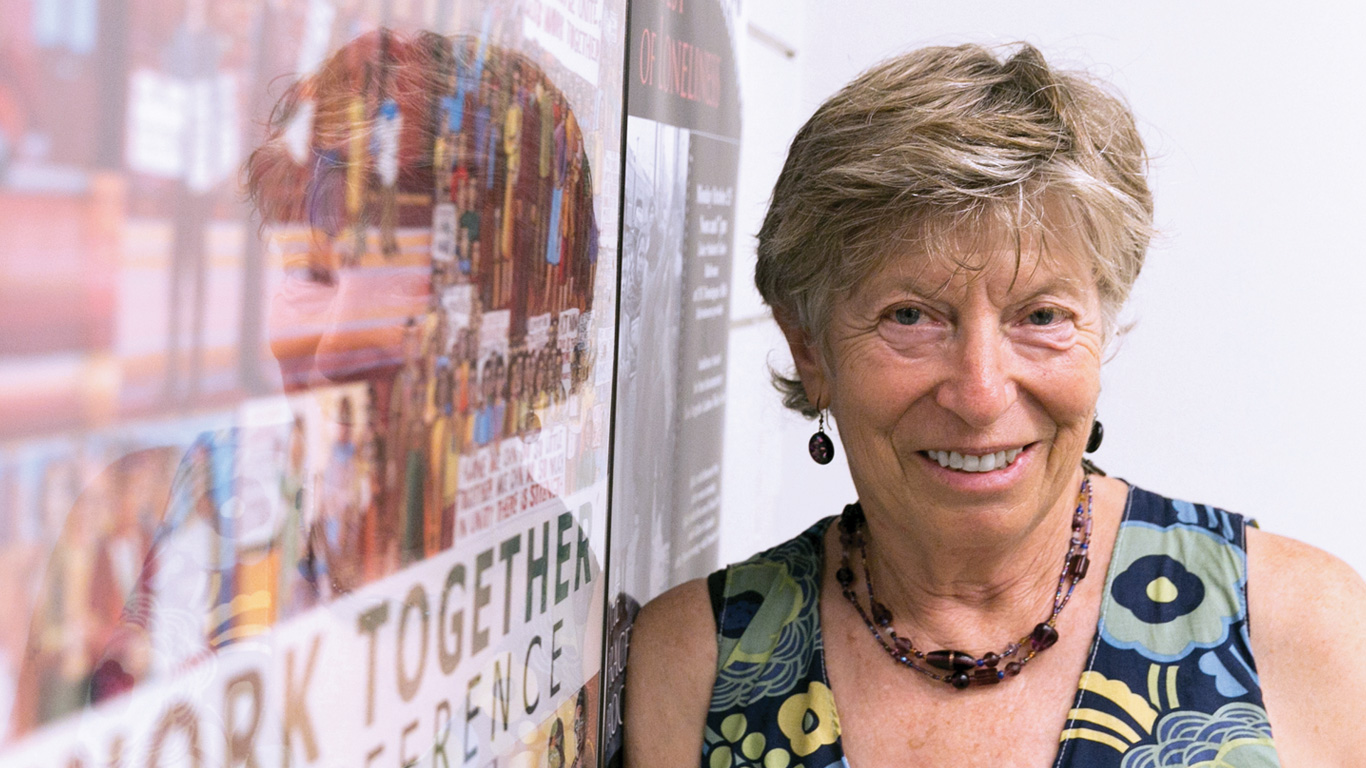
Respect and Admiration Earn Vivian Price the 2020 Faculty Excellence Award
May 22, 2020Vivian Price is respected by her peers and admired by her students, many of whom have become active partners in…
-
Campus News
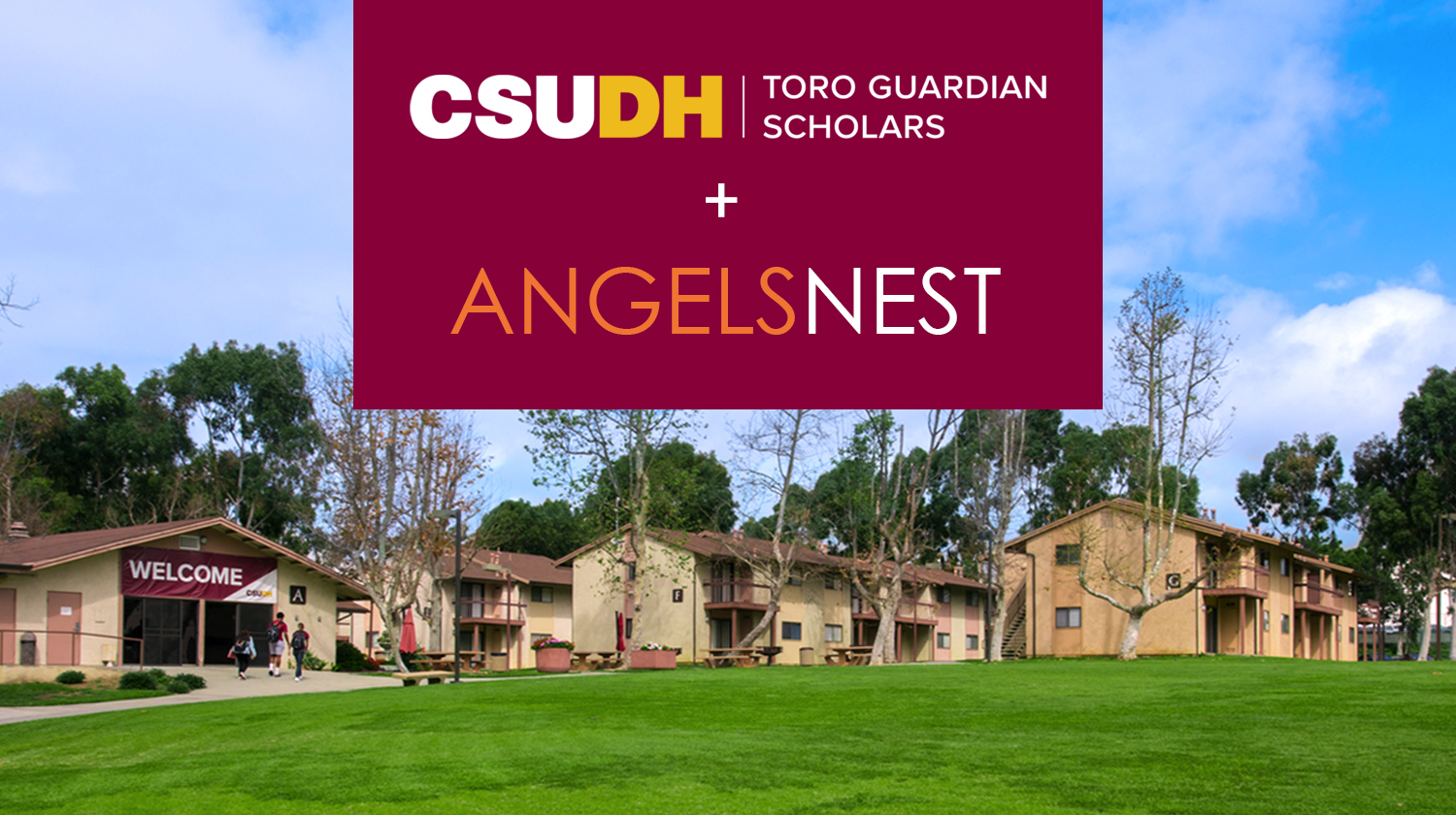
Angels Nest Foundation Steps Up to Help Toro Guardian Scholars
May 5, 2020The unprecedented COVID-19 health crisis has affected everyone in some way, but many already-vulnerable groups have been among the hardest…